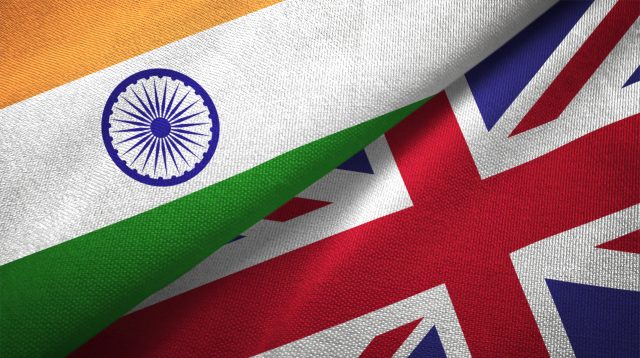India reconsiders tariffs on imports of bulk whisky
By Jessica MasonHigher tariff concessions for imports of bulk whisky are being considered by the Indian government amidst its India-UK free-trade agreement (FTA) negotiations.

The considerations, laid out in recent reports, aim to address a contentious issue in the trade discussions which outlines how bulk whisky imports can generate work domestically due to assisting in the need to set up bottling plants in India for the finished products.
Despite the discussions. local spirits producers are concerned that the India-UK FTA could contribute to an uplift in whisky imports and cannibalise Indian spirits which are already seeing competition from British whisky.
According to the Scotch Whisky Association (SWA), India recently became the UK’s largest market for Scotch in terms of volumes, with a 60% surge in imports in 2022 from the previous year. India imported 219 million 70cl bottles of Scotch last year.
Partner Content
However, while Britain has reportedly been pushing India to cut its tariffs on whisky imports, the Indian drinks industry has suggested that the government reduce the tariff to 50% over 10 years, beginning with a duty cut to 100% in the first year. Regarding bulk imports, India has been rumoured to be planning to offer a tariff cut to 75% in the first year before cutting it to 25% in 10 years.
Vinod Giri, director general of the Confederation of Indian Alcoholic Beverage Companies, said: “We are fine with more concessions on the bulk side of whisky imports as it is also used as intermediate goods. Currently, bulk imports are increasing at a much slower rate than bottled imports, which is not something very healthy for domestic investments and industry. As for bulk whisky, we are more flexible on all tariff-related matters,”
Giri explained: “We really want the deal to work for both sides. Current maturation rules of the UK deny entry to the majority of Indian products into the UK market. To say that the UK local laws do not allow it is not right. India shows a lot of flexibility in accepting British products as they are. For example, in India, if you make alcohol, you have to make it at 42.8% alcohol.”
He added: “The imports come in at 40%, 42.8%, 46%, and that is accepted. The same goes for permitted SKUs (stock keeping units), label declarations, etc. This is on the premise that India will accept what is in line with exporting countries’ legislation. In a similar fashion, what is produced as per Indian laws and FSSAI (Food Safety and Standards Authority of India) guidelines should be accepted. Otherwise, it is unfair.”
Related news
US becomes top-selling Sotheby's location for first time in a decade
The Macallan launches Hong Kong-inspired whisky for HK$37,000
‘Liberation Day’ or liquor lockdown? Trump’s tariffs rattle the wine & spirits world




